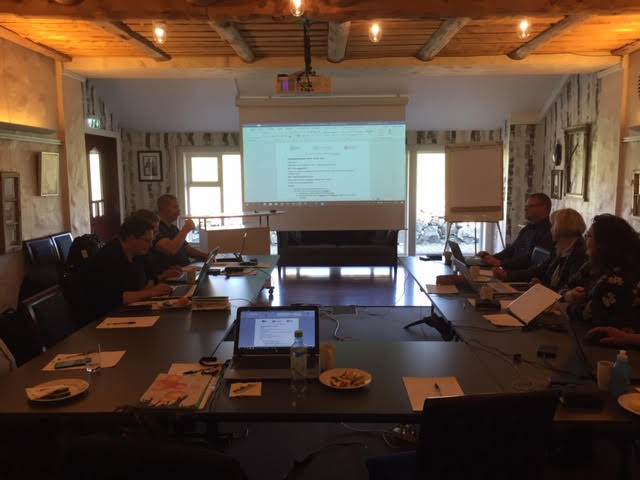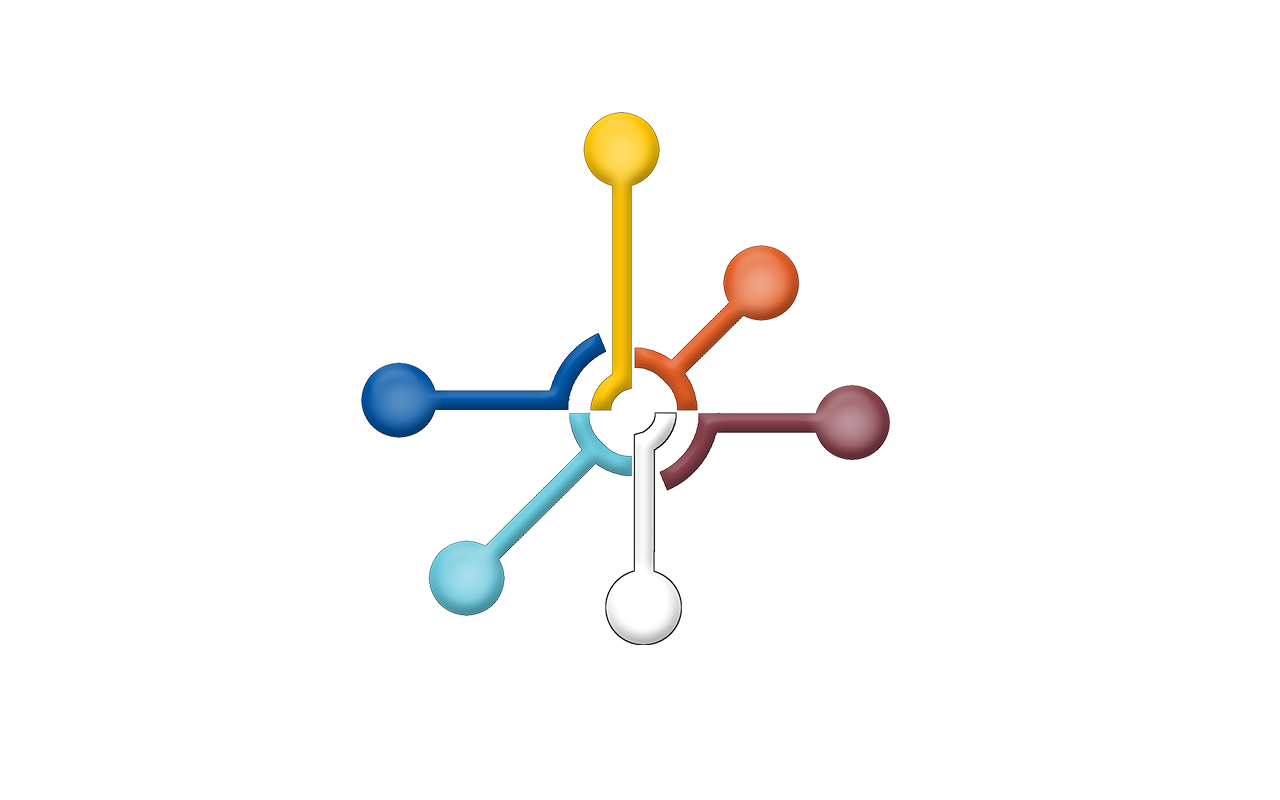About Knutepunkt for Recovery
There are five regional Peer-driven Centers in Norway. The centers serve as resource-bases for service user competency and training in the mental health sector. They were formed as part of “Opptrappingsplanen for psykisk helse” [The national escalation plan for better mental health services in Norway] (1998-2008), with the goal of strengthening user participation and making user experiences a valid competency within mental health work.
Further work
The centres have conducted a two-year project on how we can become “Knutepunkt for Recovery” [recovery hubs], and if so, how this should be put into practice. We have produced a report from the project which has been handed over to the Norwegian Directorate of Health. The report contains the how, what and why for the regional Recovery hubs, and recommendations for further activities for the centres in that regard. The Norwegian Directorate of Health recommends that the work should continue as part of the existing activities for all the regional peer-driven centers, in accordance with the recommendations in the report. The final report for Knutepunkt for Recovery 2019 can be downloaded here.
The project has been expertly assisted by professor Marit Borg of the University of South-Eastern Norway.
Who are we and what do we do?
Regional Recovery hubs are to be peer-driven resources and serve as competency bases for recovery, in collaboration with service user organizations, universities and colleges, other competence centres, municipalities and health trusts. The centers also provide assistance and services for users and relatives who are not members of a user organization, and thus don’t get this anywhere else. The core tasks of the centers are user involvement, service development and enabling people to be in control of their own life and cope with their problems themselves.
The hubs ideology is that service users and relatives’ own experiences and knowledge of what helps should be in focus. Service user knowledge and experiences are systematized and used to develop courses and other services, and emphasized in research, teaching and service development. The centers are able to bring forward service users own definitions of what recovery means, and build bridges between the professional research field and lived experience, to make sure they are equal.
The Recovery hubs strive to give people with psychosocial or substance abuse challenges and their relatives the opportunity to be in charge of their own recovery process, cope with their challenges and lead meaningful lives. Recovery happens in the individual’s life, through being supported and enabled to participate in their local community despite symptoms and challenges. To “cope with one’s challenges” and “quality of life” are terms which are often used in Norway in conjunction with public health work, and highly related to the term “recovery”. It’s about coping with challenges, empowerment, connectedness, positive relations, personal development and growth, as well as the opportunity to work and participate in the community.
The Recovery hubs contribute to various projects and promote good examples of how local communities can enable activities, work, connectedness and safety. Human rights, citizenship and democratic participation are key. We want to achieve:
- Activities, education, work and development of a positive identity for people with psychosocial challenges.
- Hope and new knowledge about how to prevent and cope with psychosocial challenges.
- Recognition and utilization of recovery-based user knowledge, increased participation and a worthy life for all groups in the society.
- Good resource usage, more collaboration and equality between users and professionals.
The centers see a need for local, regional, national and international collaboration on developing recovery-based methods and tools, and networks and arenas for discussions and further development in the field. The regional Peer-driven Centers have a number of collaborators and participate in many different networks both regionally, nationally and internationally, which we will continue to do.
Continuation of the recovery collaboration

The regional Peer-driven Centers were gathered at the venerable Kronen Gaard Hotel in Sandnes the 23rd and 24th of April 2019 to discuss how we carry forward our commitment to the Recovery hubs. We visited the newly established Jæren Recovery College, and Vestavind Peer-driven center. The latter was established in 2018 and is part of the Recovery hub collaboration.
To us the project has been very inspiring and useful, and we think it has to be prolonged. We are working on revising the project plan according to economical frames and the available resources of each center. In 2019 we will work on competency development for both each center in itself and all centers together, and work on how we can promote recovery in our respective regions.
Workshops 2018 and 2019
In the autumn of 2018 we held a workshop at Gardermoen where we presented the plan for establishing regional Recovery hubs. The 7th of November 2019 we are having a similar workshop at Gardermoen. Suggestions and recommendations from the project will be presented and serve as a basis for discussion and reflection with collaborators about how we together should work within the field to the best of the public.
Information
The webpage www.recoveryknutepunkt.no/en will be used to spread information about the Recovery Hubs, with designated pages for each of the centers, and updates about recovery activities in the different regions.
Kårhild Husom Løken, Executive Director for Sagatun Peer-driven Center is the Project Manager. She can be reached at:
Cell: +47 97 97 84 56
E-mail: karhild@sagatun.no.
Contact information for the other centres:
- Bikuben Peer-driven Center: Ann-Kirsti Brustad. Email: ann.kirsti@bikuben.net
- KBT. Competence Center for Lived Experience and Service Development: Dagfinn Bjørgen. E-mail: dagfinn.bjorgen@kbtkompetanse.no.
- Vårres Peer-driven Center: Arthur Mandal. E-mail: artma@gmail.com
- ROM-Agder Peer-driven Center: Roy Tømte. E-mail: roy.tomte@rom-agder.no

